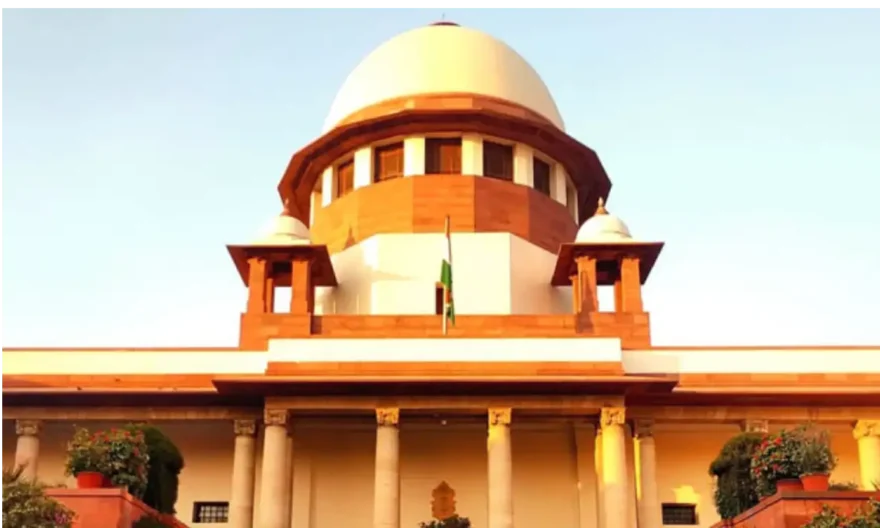
The Supreme Court has recently observed in a May 16 judgment that parties would not be allowed to invoke special leave jurisdiction to bypass remedies available at the High Court level, except in two specific situations.
The Bench of Justices AS Bopanna & Dipankar Datta clarified that as a matter of practice, the apex court entertains Special Leave Petitions without the High Court being approached.
The order stated that “The power to grant leave under Article 136 itself being discretionary, this Court would not allow a party invoking the ‘special leave’ jurisdiction to bypass the remedy available at the level of the High Court without the two situations, as aforesaid, being satisfied.”
Therefore, the Court heard a contempt petition to punish the respondents for willful disobedience of the top court order being passed in SLP.
The SLP put quietus to the dispute between the parties while marginally enhancing the compensation granted to respondents who were ordered for handing over possession of the disputed property.
During the pendency of the execution petition, the High Court directed the court’s execution for deciding the objections of respondents.
Based on this direction, the executing court found the objections maintainable and assumed it necessary to adjudicate on their own merits after the recording of evidence.
The daughter & son of the original plaintiff appealed against this interim order and also sought the removal of resistance by the respondents.
However, the issue before the top court didn’t intervene with the common order under appeal which was called for.
According to the peculiar facts, it was stated that there was at least a need for an inquiry by the court’s execution.
Thus, the top court dismissed the petitions, stating that there was no reason for it to interfere since the order of the executing court wasn’t challenged before the High Court.
Further, the court recorded that, “It is made clear that the Executing Court shall proceed to deal with the application of the Appellants under Rule 97 of Order 21 of the CPC together with the objections raised by the Respondents on their own merits and without being influenced by any observation made in this order which has been necessitated only for disposal of the present appeals.”




